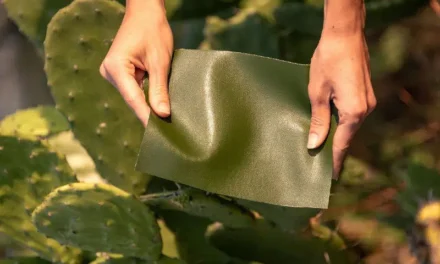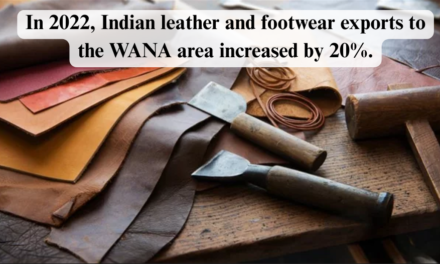India’s leather industry is poised to reap significant benefits from the country’s expanding network of Free Trade Agreements (FTAs) with key global markets. These agreements are set to provide Indian leather manufacturers with reduced tariffs, enhanced market access, and increased export opportunities in various regions, including Europe, North America, and Southeast Asia.
Several key FTAs, including those with the European Union (EU), United Kingdom (UK), Australia, and the United Arab Emirates (UAE), will have a direct impact on the leather sector. Here’s how these agreements are benefiting the industry:
Reduced Export Tariffs: FTAs often come with duty reductions or complete elimination of tariffs on leather and footwear products, making Indian exports more competitive in international markets. This will help Indian leather goods such as bags, footwear, and accessories to become more affordable and attractive to buyers overseas.
Enhanced Market Access: With improved trade terms, Indian leather exporters will have easier access to established and growing markets, leading to increased demand for Indian leather products in regions where tariffs have previously been a barrier. This is expected to give Indian manufacturers a competitive edge over countries without similar trade agreements.
Boost to Foreign Direct Investment (FDI): The signing of FTAs also paves the way for increased foreign investment in India’s leather sector, as global companies seek to capitalize on the favorable trade environment. This influx of investment will not only boost production capacity but also lead to the adoption of advanced technologies and sustainable practices within the industry.
Sustainability and Compliance: FTAs with developed countries often come with stringent environmental and quality standards, which will encourage Indian leather manufacturers to adopt sustainable and eco-friendly production techniques. Compliance with these standards can open new doors for Indian leather products in premium markets.
Strengthened Export Ecosystem: FTAs will lead to the development of a more integrated supply chain and a streamlined export process, making it easier for Indian leather companies to scale their operations and cater to a larger customer base. The resulting boost in exports is expected to elevate India’s position as a global leader in leather manufacturing.
Job Creation and Economic Growth: As the leather industry expands its reach in international markets, there will be a corresponding increase in job opportunities within the sector. The government’s emphasis on developing leather parks and providing financial incentives for export-oriented units will further support the economic growth of the sector.
India’s leather industry stands to gain immensely from the country’s strategic engagement in global trade partnerships, positioning itself as a leader in sustainable production and high-quality leather goods. With the boost from FTAs, the industry is set to expand its market share globally, contributing to economic growth, job creation, and enhanced competitiveness in the international leather market.







